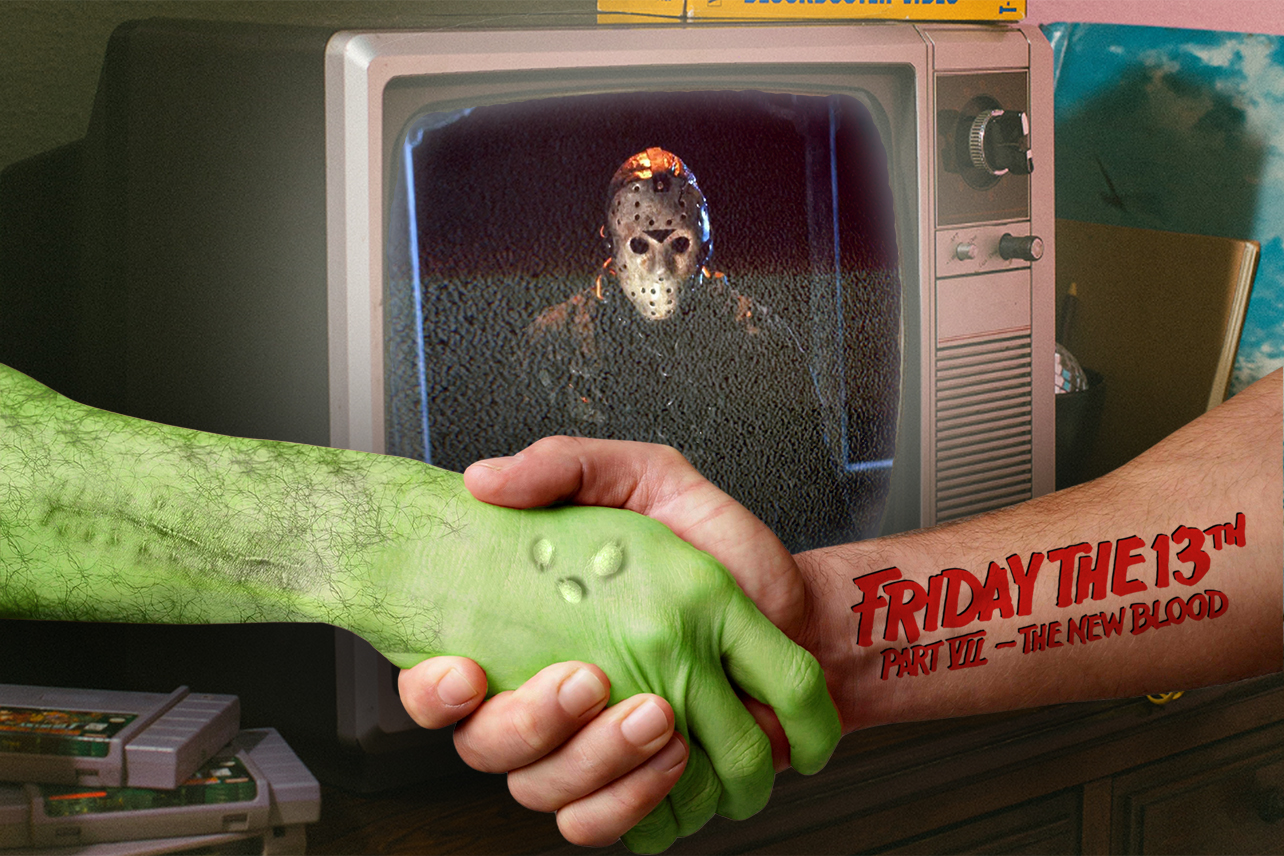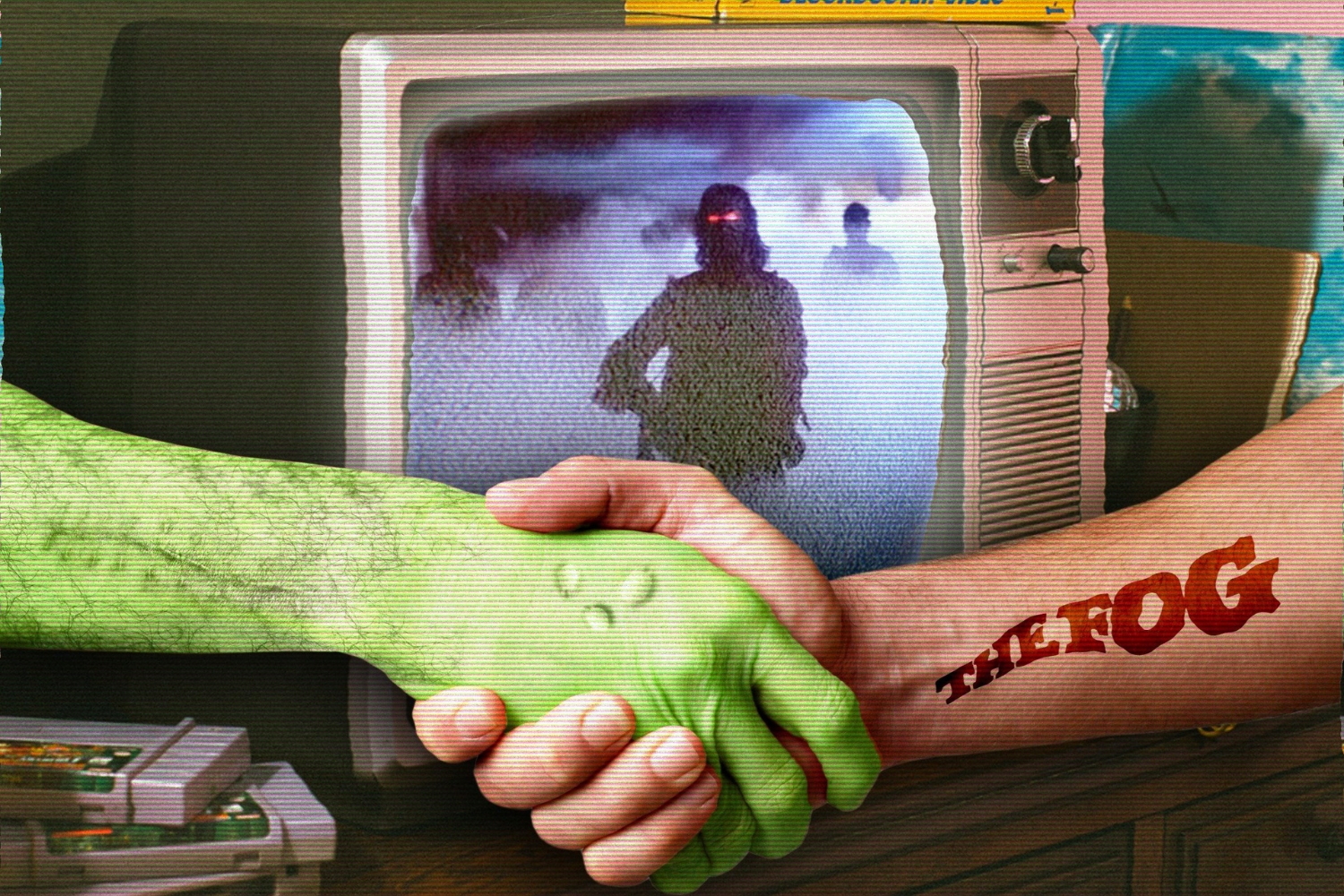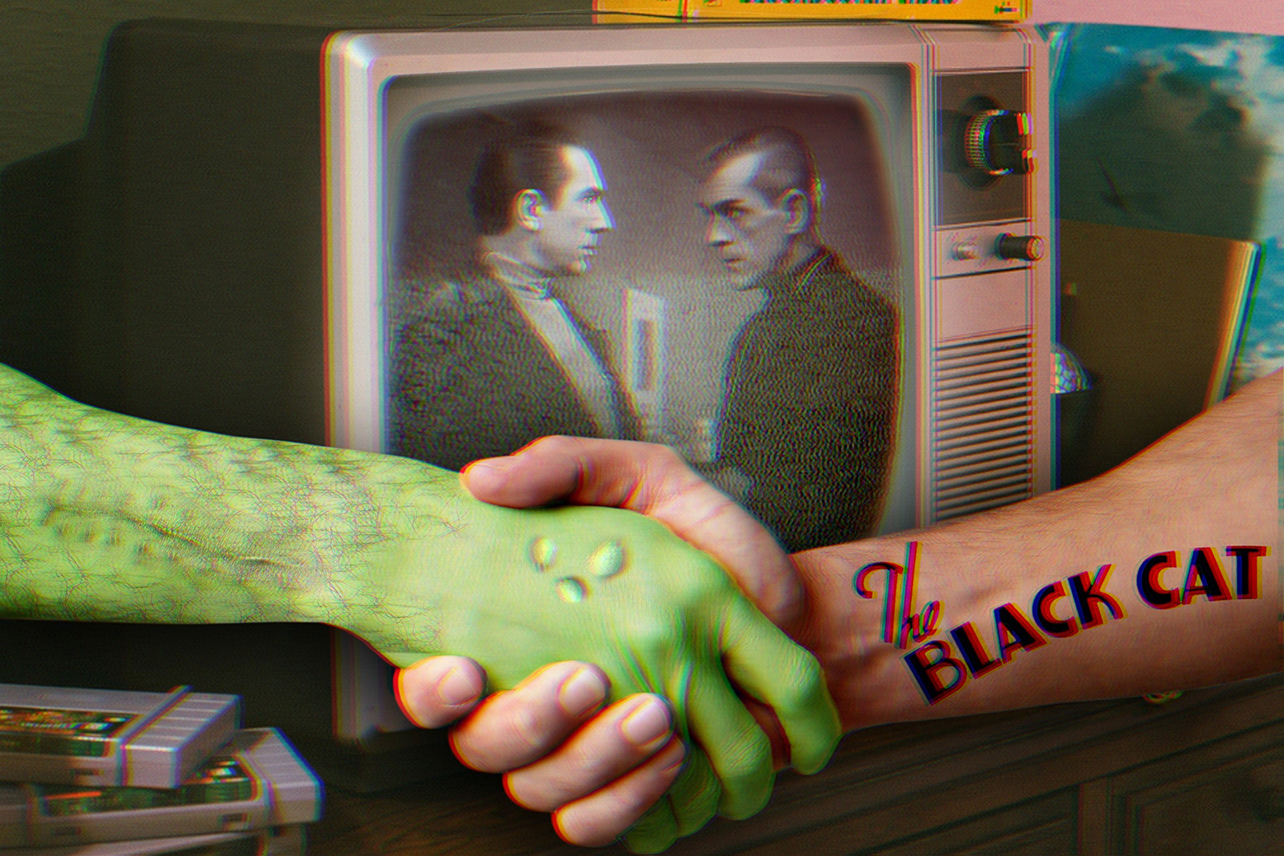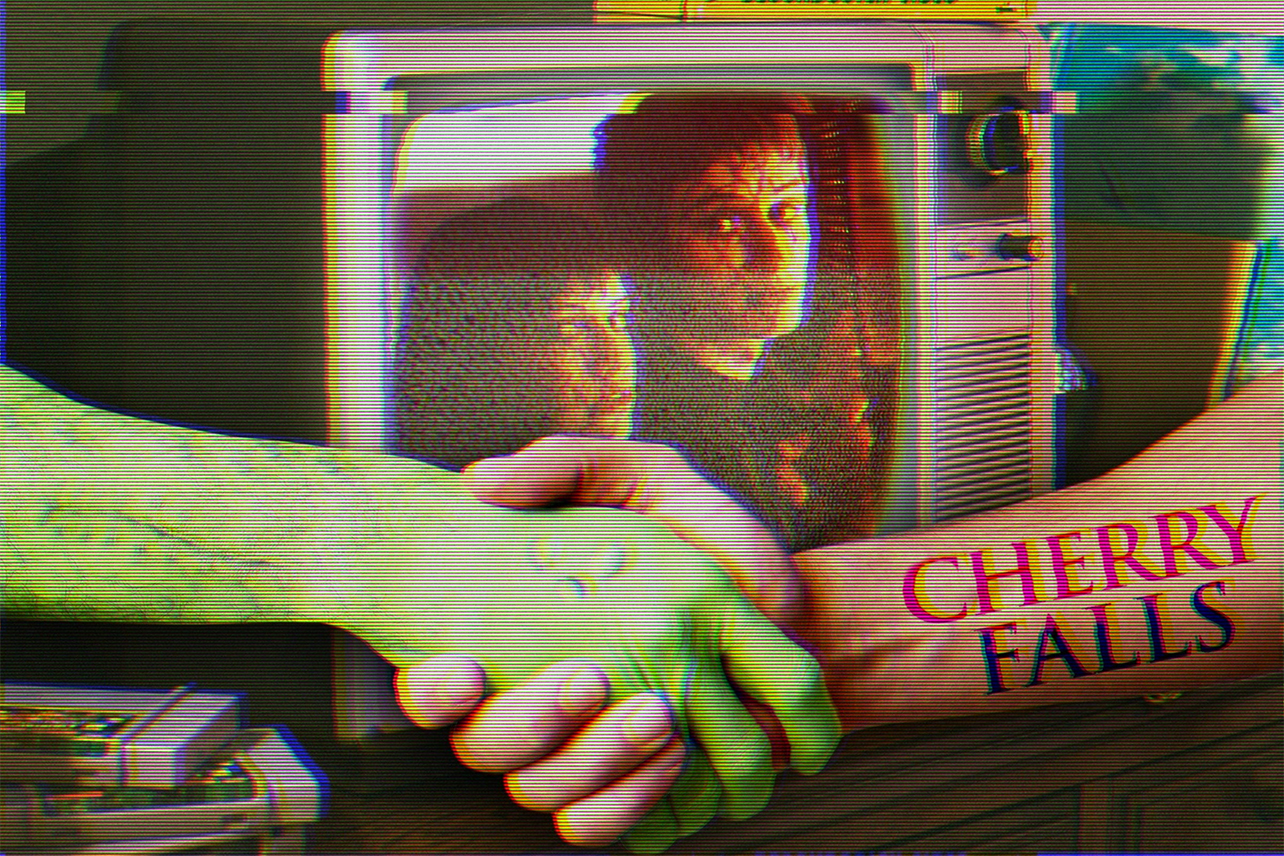Welcome to Horror Secret Handshakes, a monthly column spotlighting horror stories off the beaten path that serve as an instant vibe check with new friends, acquaintances, and fellow fans. If you both know the story, you feel the bond.
Something magical happens when you talk to someone about their favorite David Lynch film. Their eyes light up in a way no other filmmaker can quite conjure, and if you happen to share the same favorite Lynch film with someone, that's a conversation that can make you feel like you're the only two people in the world, just for a second.
That's especially true of my favorite Lynch film: Twin Peaks: Fire Walk With Me.
Released in 1992 after the Twin Peaks TV series was canceled, the film is Lynch's attempt to play with some of the ideas he never got to explore on the show — namely, exactly how Laura Palmer ended up dead and wrapped in plastic in the Twin Peaks pilot.
Lynch was not a franchise filmmaker. He only directed one would-be blockbuster (Dune (1984)) and he shied away from returning to his stories beyond thematic and visual links that run through all of his work. But Twin Peaks was different, and even before the incredible 18-hour event that was Twin Peaks: The Return, he had more to say. So we got Fire Walk With Me, a dark, strange, sometimes confounding journey into the last days of one doomed young woman that also happens to be a story about how one person can, even reluctantly, change the course of reality.
For those who perhaps don't know, Fire Walk With Me is largely a prequel (with a few little hints of a sequel) to the 1990–1991 Twin Peaks TV series, examining not only the developing FBI interest in the town and its darkness but the final week of Laura Palmer's (Sheryl Lee) life. I don't know why I'm hesitant to talk about spoilers for a 30-plus-year-old movie, but I'm going to try to avoid giving you all the answers, because if there's anyone out there who still doesn't know the solution to this particular mystery, I want them to be able to go in blind.
What I will say is that Laura, from the moment we meet her in this film, is quite aware that she's hurtling toward some dark confrontation that could end it all for her. To the world around her, everyone in the town of Twin Peaks, she's a beam of light — a popular, beautiful homecoming queen who delivers Meals on Wheels in her spare time. She's devoted to her friends, including her best friend Donna (Moira Kelly), and she's even able to juggle the affections of two different boys. Oh yeah, and she's nursing a very hefty drug habit, which she pays for in part by doing sex work on the side.
It's a David Lynch movie. Things get dark.
And yet, like all Lynch films, there is tremendous, haunting beauty in that darkness. Laura's family home, a gorgeously maintained two-story house in the nice part of town, is packed with all the comforts of a 1990s American family, but as aesthetically pleasing as it might be, it's also brimming over with pain and fear. Lynch's camera, always keen to highlight things another filmmaker might just glance over, illuminates the darker corners of the house, from an empty stairwell to a living room that seems to sprawl out endlessly in the night, full of places for monsters to hide.
Because Laura is absolutely tormented by monsters, some of them far closer to her than she'd like to admit.
Her story is the quintessential Lynchian tale of horror lurking just beyond the green lawns and white picket fences, an extended development of everything he played with in Blue Velvet (1986). That's not surprising to anyone who's seen Twin Peaks, but Fire Walk With Me is different. Fire Walk With Me is, like many great horror films, the story of someone who is doomed from the beginning, and their quest not to avoid dying, but to make something of their dwindling hours.
Lynch made the film without his Twin Peaks co-creator Mark Frost, and therefore it is missing some things that fans of the show might have appreciated, from the soapier elements of the plot to the quirky humor Frost brought to the party. It's still recognizably Twin Peaks, but the subject matter, and the way Lynch haunts the landscape on a cinematic level, transforms the world of Laura Palmer into a vast, ragged maw, slowly opening to swallow her up. If you're coming straight from the series, it can be jarring, which is why some fans have a hard time with it, and some have an even harder time rewatching it.
So, where does the secret handshake come in? Why are so many of us tied unreservedly to this movie and its dark song? Whenever I talk to fellow fans, and we both get excited about what Fire Walk With Me offers, we talk about the darkness, yes, but we talk about the light more. David Lynch was never solely interested in giving us the bleakest version of reality possible. There is always beauty, always light, always hope, and by the time Laura's story resolves, she has found some measure of that hope, some chance at the light. This is a film that enriches and expands everything about Twin Peaks as a story, and it does that in part by making sure we as an audience know that Laura's suffering had meaning beyond her role in the story as a corpse. Fire Walk With Me is challenging, yes, but spend enough time with it and it will, against all odds, start to lift you up and embrace you.
Want more Twin Peaks? Become a Pop Heist subscriber for just $7/month, $70 annually, and you'll get access to weekly recaps of Twin Peaks episodes from Sean T. Collins — plus much more!






